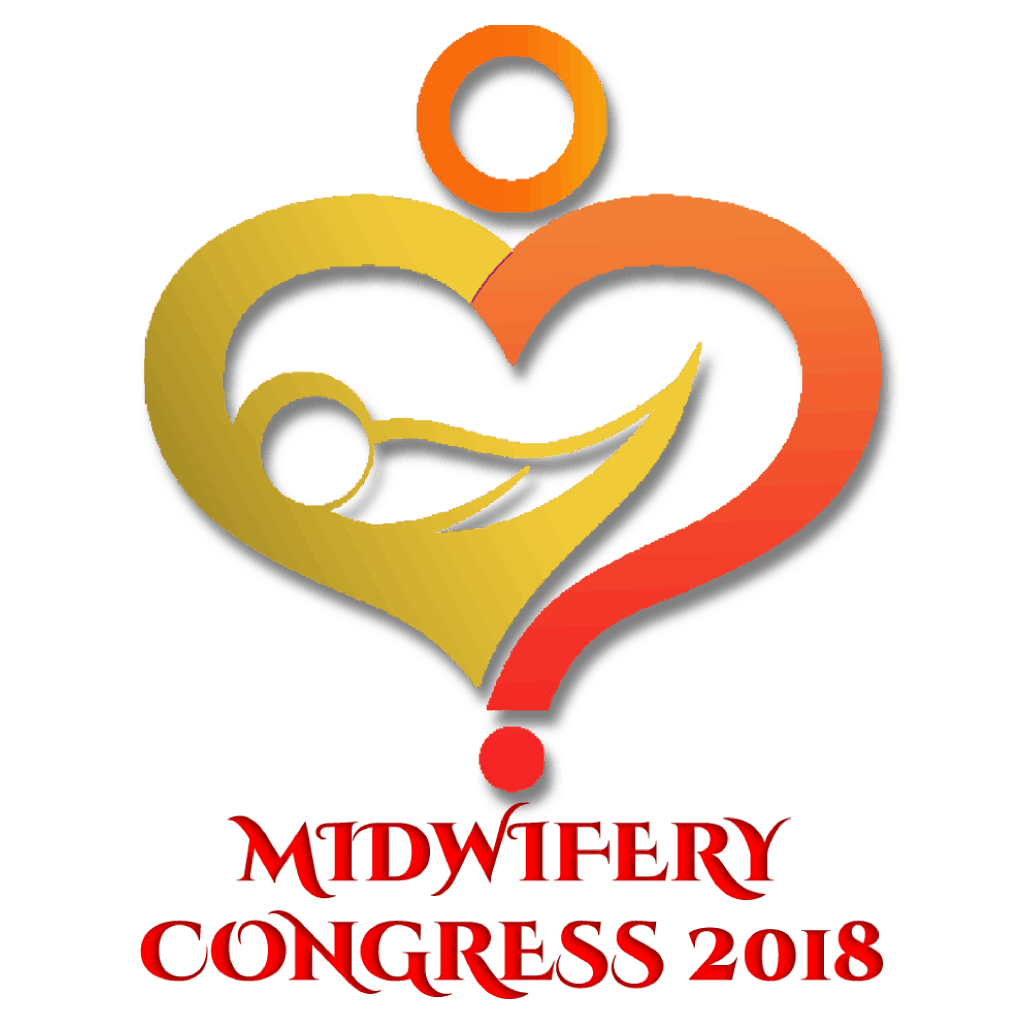
Emmanuel Chioma Blessing
clinical instructor
Title: Effectiveness of new born care programme on perceived maternal competence and satisfaction of nigerian mothers
Biography
Biography: Emmanuel Chioma Blessing
Abstract
Background: Newborn has various needs as frequent feeding, bathing, provision of warmth, umbilical cord care, protection etc. Adequate care for them depends on the mother’s awareness, attitude, and skill. Thus maternal competence is vital. This calls for a newborn care teaching programme to increase maternal competence in newborn care.
Objectives: To determine the effect of newborn care programme on maternal competence and find associations between the maternal competence and selected demographic profiles among antenatal mothers.
Participants: 80 pregnant mothers attending antenatal clinic were recruited based on inclusion criteria.
Methods: Knowledge – to – action process was used. The intervention was a newborn care programme that was administered using audio-visual teaching. The experimental group (N=40) received the newborn care programme. The comparison group (N=40) did not receive any. Outcomes were measured with the Parenting Sense of Competence scale at baseline and post-intervention at 2 days after delivery.
Result: Mothers who received newborn care program had significant improvement in the maternal competence from low (pretest) to high (post-test) in satisfaction ratings. There was a significant difference (p = 0.0397, t = -2.453) in the level of maternal competence between the study and comparison group after the newborn care programme at satisfaction rating. Relationship was established (P<0.05) between the level of maternal and age (x2= 8.95, p= 0.014) and parity (x2=6.85, p = 0.0325) only but not with education, employment, and family support.
Conclusion: The newborn care program was effective in improving the maternal competence of antenatal mothers. Mother’s age and parity were identified to influence maternal competence while education, employment, and family support were not significantly related to maternal competence.
Recent publications:
1. Blessing C. Emmanuel, Rita C. Ramos, Udochukwu J. Ajuonuma, Mary U. Ajuonuma, Adanma J. Uzo-ngerem, Loius C. Ajonuma. (2017) The effectiveness of newborn care programme on perceived maternal competence and satisfaction of Nigerian mothers. Journal of Health, Medical, and Nursing. www.iiste.org vol.37, 41-48. ISSN2422-8419
2. Ajuonuma, J., Jimmy, C., Ajuonuma, M., Emmanuel, B., Uzo-Ngerem, A., Ogbedeagu, V., Chuku, C., & Ajonuma, L. (2016) Quality of Antimalarial Drugs in Malaria-Endemic Municipalities of Pangasinan, Philippines. International Journal of Malaria Research and Reviews www.resjournals.org/IJMR ISSN: 2346-7266 Vol. 4(1): 1-6.
3. Ajonuma, L., Yusuf, A., Bamiro, A., Makonjuola, S., Ajuonuma, J., Ajuonuma, M., Emmanuel, B., Ogbedeagu, V., Chuku, C., Adabale, K., & Dosunmu, A. (2015) Sickle Cell Disease in Sub-Saharan Africa: Molecular Mechanisms Underlying Episodic Crises, Current and Emerging Therapeutic Strategies in Treatment. IMedPub Journal vol.8, 185. Doi: 10.3823/1784.
4. Ajonuma, L., Ajuonuma, M., Ajuonuma, B., Ogbedeagu, V., Ajuonuma, J., & Chuku, C. (2011) Endocrine gland-derived vascular endothelial growth factor concentrations in follicular fluid and serum may predict ovarian hyperstimulation syndrome. Fertility and Sterility .2011.03.051 · DOI: 10.1016/j.
Ajonuma L., Ajuonuma M., Ajuonuma B., Chuku C., Ajuonuma J. (2010) Ovarian steroid hormones differentially regulate thrombospondin-1 expression. Fertility and sterility 94. E35 (IF4.167).

